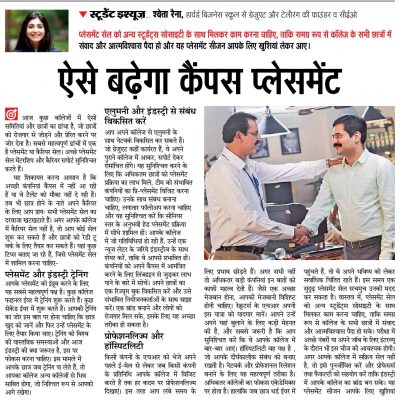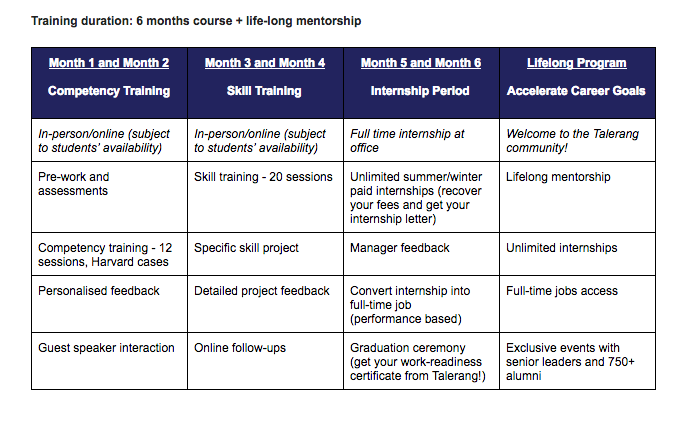
Jobs in government vs. private sector
According to the Labour and Employment report of the Government of India, at the end of the financial year 2010-11, a total of 2.9 crore workforce was involved in the organised sector which includes both private and government sectors. With the increasing number of jobs at private and public level, students need support with choosing the right path ahead.
Public sector includes Central, State Government and Local bodies and has a plethora of opportunities such as Indian Administrative Services, Indian Police service, Indian Foreign Services, Public Sector Undertakings, teaching, municipal, judiciary, Intelligence Bureau, Central Bureau of Investigation and infrastructure. On the other hand, private sector includes small and medium businesses, large multinationals, investment banking and consulting, start-ups and NGOs. Let us see what makes these sectors unique:
Pros of a government job: Public sector brings job security and healthcare benefits such as life insurance. Work-related stress appears to be less in government jobs due to job security and predetermined promotion cycle. They have fixed working hours which maintains work-life balance. For example, the work hours are from 9-5 in public sector with non-working weekends, while the work hours are from 9-7 or more in private sector. They are required to work on weekends. Government jobs provide benefits post retirement and perks during the job. However, the applicants should clear the aptitude exams like UPSC, SSC, PSC, IBPS, SPSC, NDA among others.
Pros of a private job: In a private job, the work profile changes resulting in career growth. Promotion is awarded on your performance in the office. In a private job, remuneration is the monthly salary plus other perks and privileges. Private sector grooms you and develops your personality and skill set. For instance, one can change his or her department from time to time. Private sector is less hierarchical in nature where a junior can address his/her senior manager or CEO of the company by their first name.
The greater goal is to find what you love and achieve your dream job. It is important to be aware of your skills and interests and work backwards to your dream! If you aspire to become an IAS officer or start your own business, your passion and aptitude will lead the way. Challenges will be a part of your job, so don’t let them stop you from aiming for the best! Weigh the pros and cons and then take a call either way.







